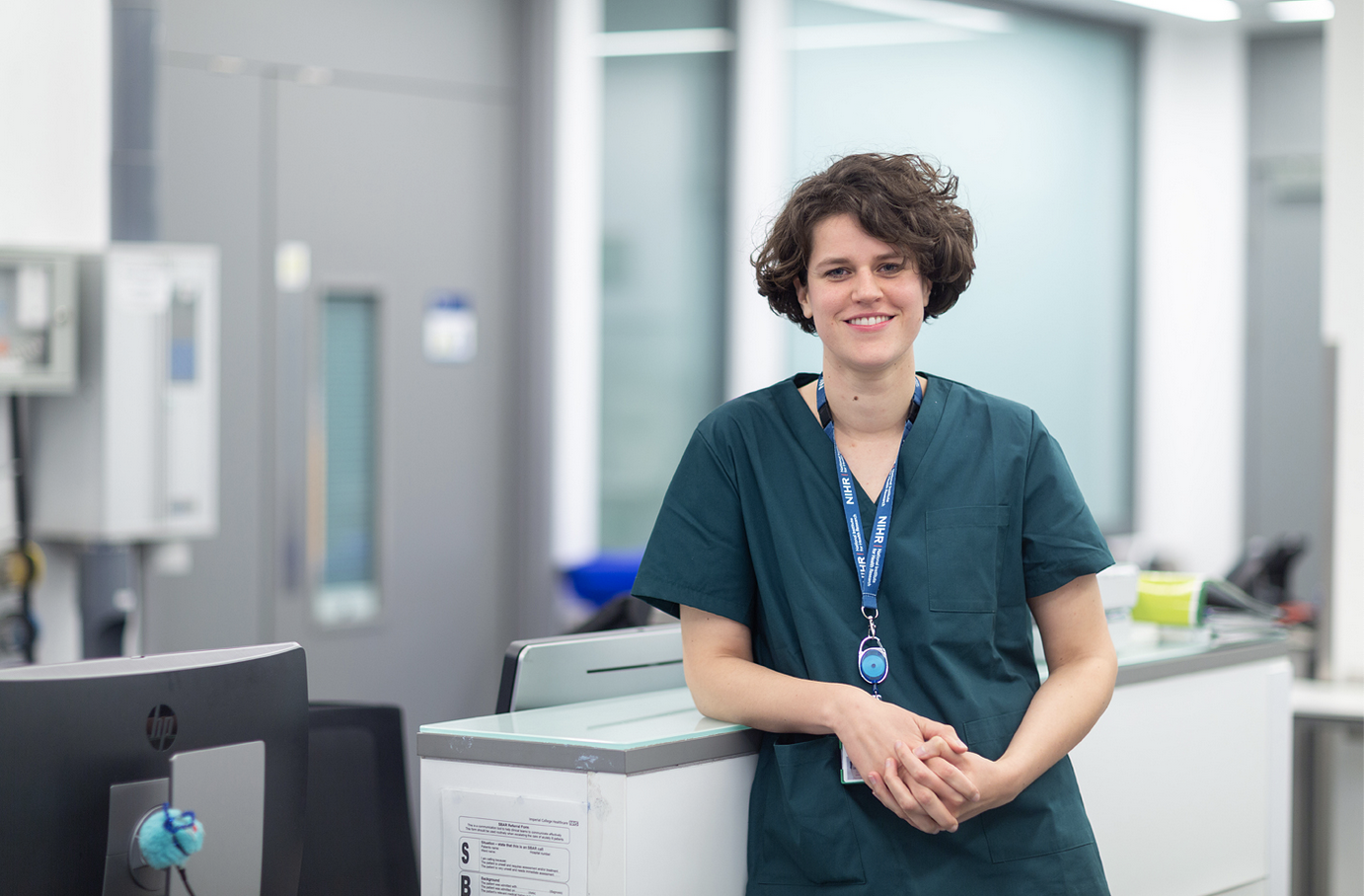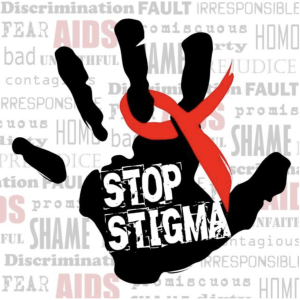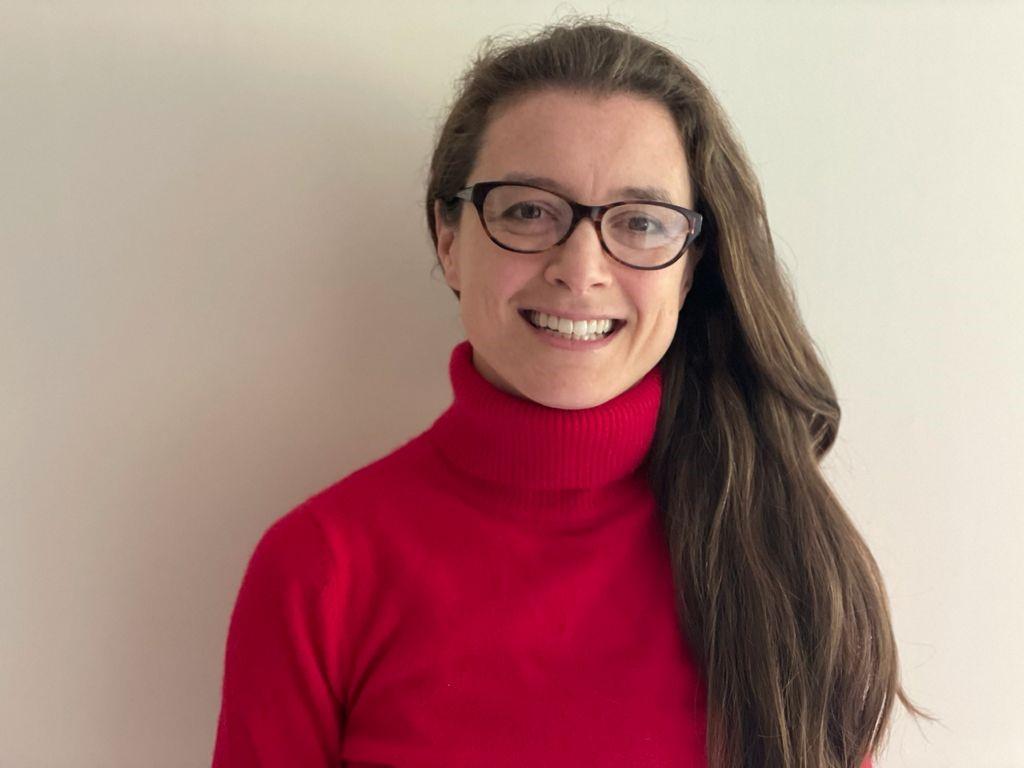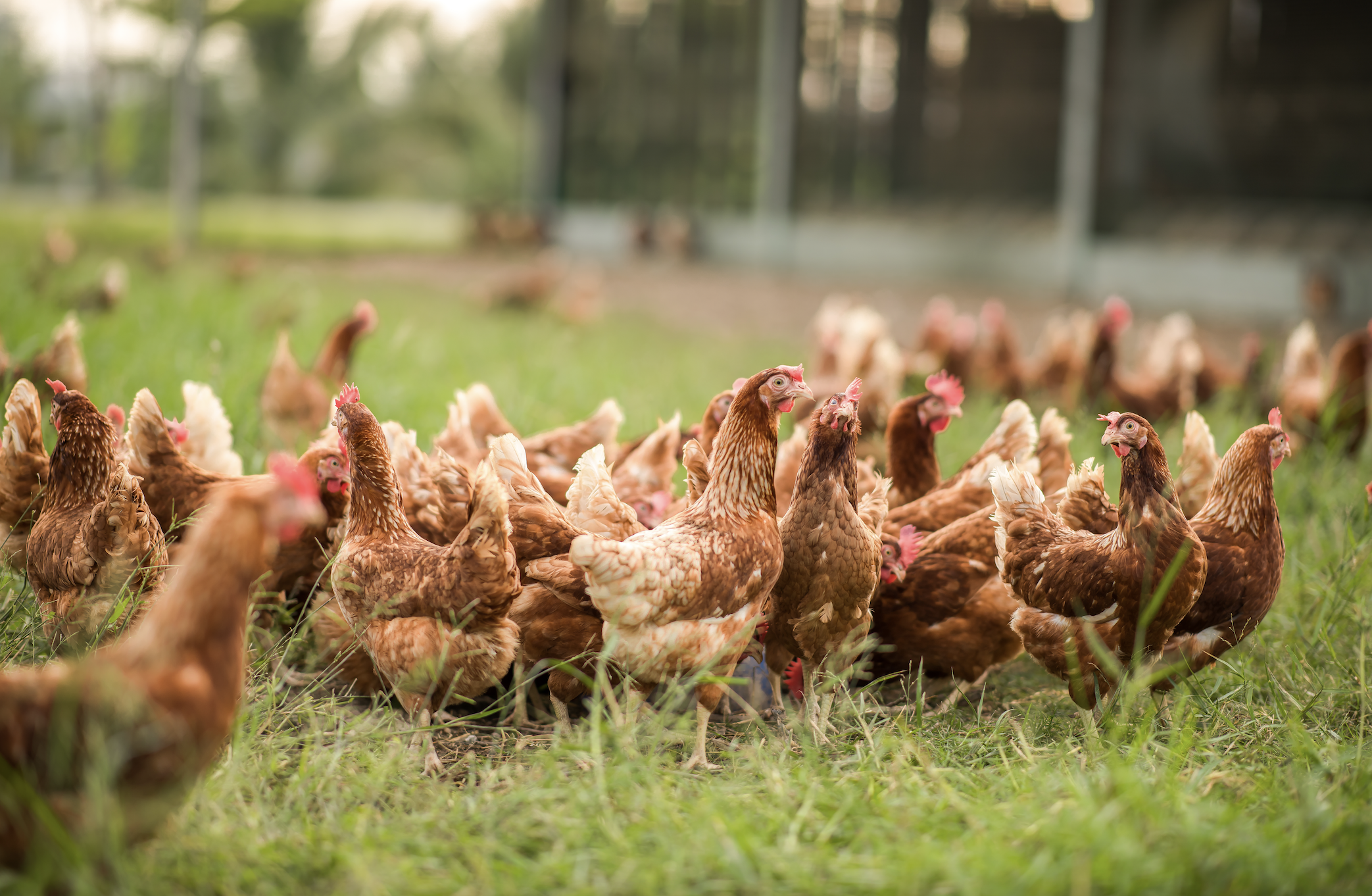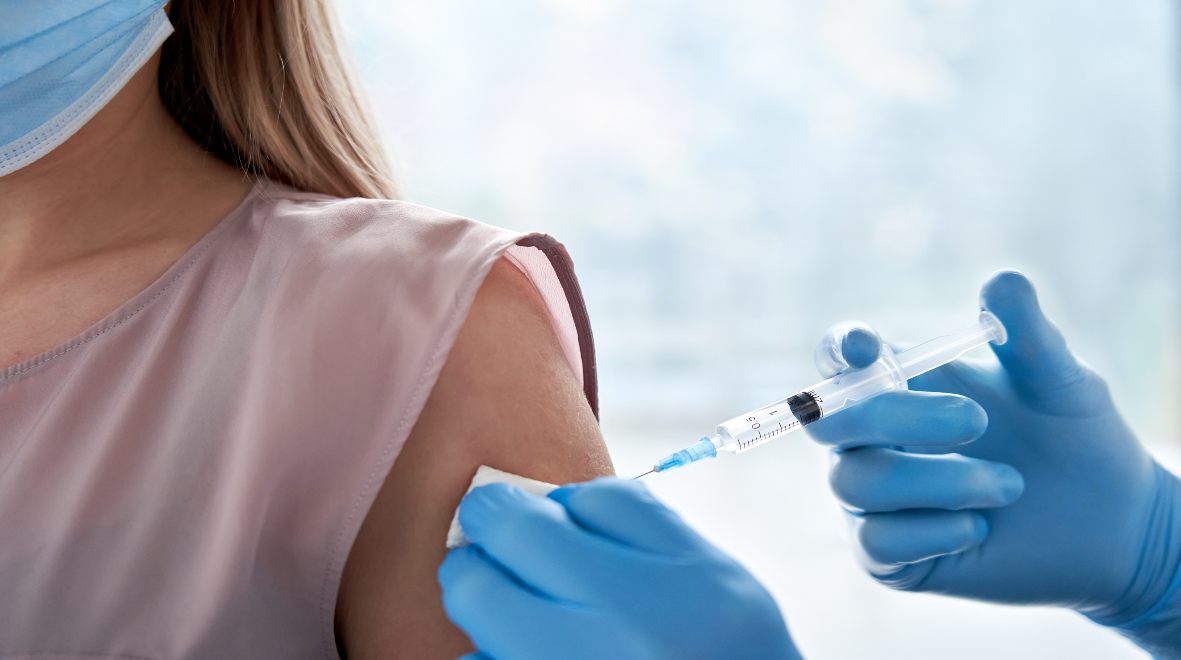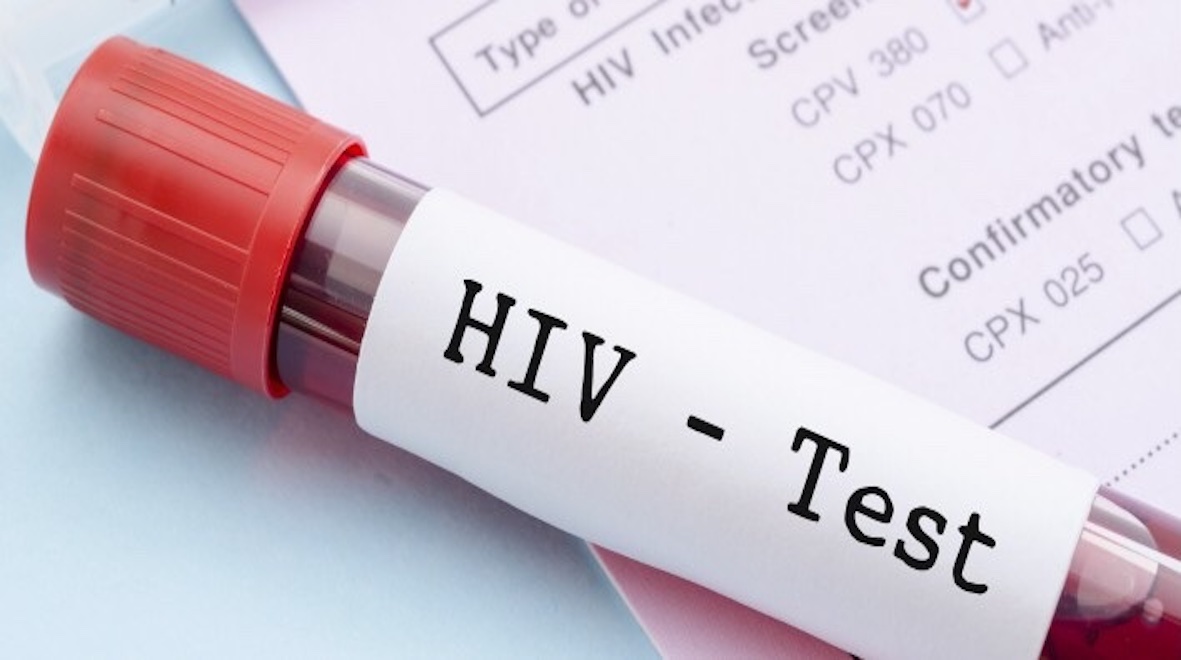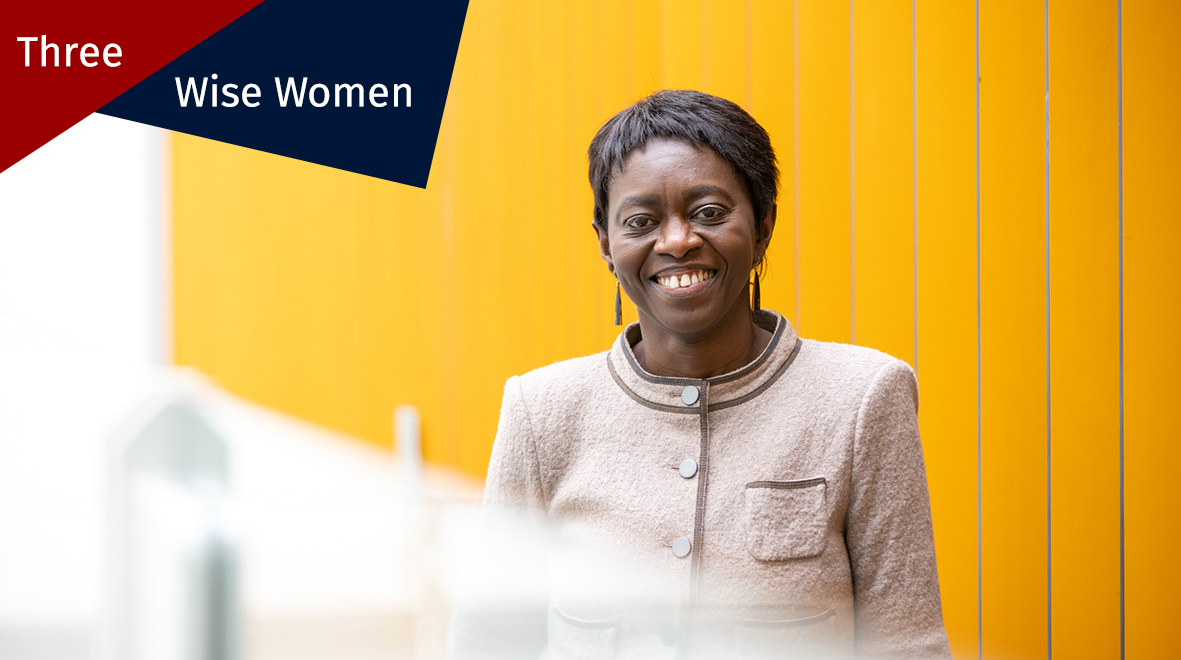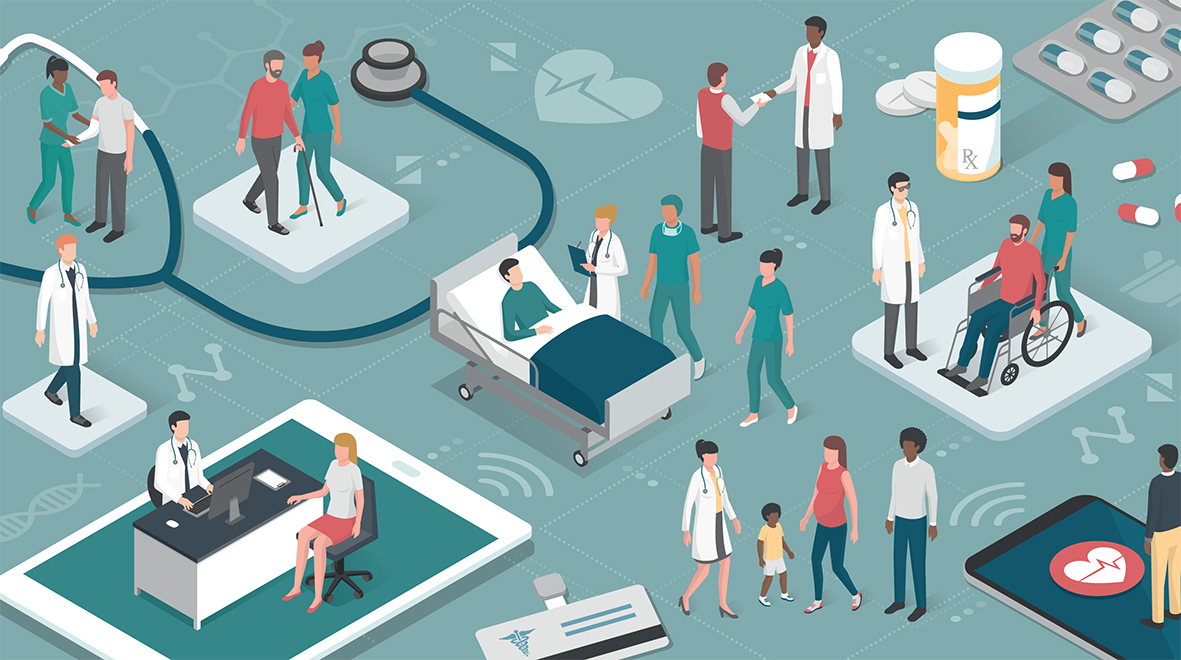HTLV-1 PrEP Open Letter to Gilead & ViiV
Human T Lymphotropic/Leukaemia Virus-1 (HTLV-1) is a sexually transmitted infection (STI) closely related to human immunodeficiency virus-1 (HIV-1). HTLV-1 causes chronic infection, can be transmitted from mother to baby and is associated with significant disease burden and mortality, preceded by years of suffering and poor quality of life for victims.
Therefore, HTLV-1 is one of the 2030 elimination targets of the World Health Organization’s global STI elimination strategy.
Although there is currently no drug or vaccine available to cure HTLV-1, we now know that the very same drugs that effectively treat patients with HIV or prevent people from getting HIV-1, called HIV PrEP, also prevent the transmission of HTLV-1 in our laboratory testing (Reviewed in Bradshaw and Taylor, Frontiers in Medicine 2022). We believe that these compounds are likely to block the transmission from mother to child.
It is well known that many HIV PrEP clinical trials are conducted in countries where HTLV-1 is common. So, by adding in HTLV-1 testing to these HIV-PrEP trials we could measure if the HIV PrEP drugs also prevent HTLV-1 transmission. The beauty of such an outcome would be that these HIV-1 drugs are already licensed to be used in humans.

